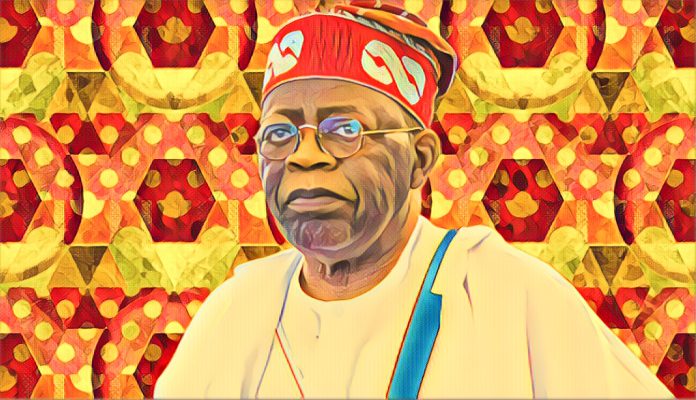President Bola Tinubu has dismissed the heads of two vital economic agencies of the federal government in a move that has raised eyebrows among analysts and observers. The sacked officials are Babatunde Irukera, the Executive Vice Chairman and CEO of the Federal Competition and Consumer Protection Commission (FCCPC), and Alexander Okoh, the Director-General of the Bureau of Public Enterprises (BPE).
According to a statement by Ajuri Ngelale, Special Adviser to the President on Media and Publicity, the sack of the two CEOs was in line with plans to restructure and reposition critical agencies of the federal government towards protecting the rights of Nigerian consumers and providing a strong basis for enhanced contributions to the nation’s economy by key growth-enabling institutions.
The statement said the two dismissed chief executives were directed to hand over to the next most senior officer in their respective agencies, pending the appointment of new chief executives. The statement added that their removal from office took immediate effect.
The FCCPC is the apex consumer protection agency in Nigeria, responsible for promoting and protecting the interests of consumers, as well as ensuring fair and competitive markets in the Nigerian economy. The BPE is the agency charged with the privatization and commercialization of public enterprises, as well as the reform of the public sector.
The sack of the two CEOs has sparked speculation about the motives and implications of the president’s decision, especially as both agencies have been involved in some controversial and high-profile cases in recent times.
For instance, the FCCPC recently imposed a record fine of $110 million on British American Tobacco (BAT) for engaging in anti-competitive practices that harmed Nigerian consumers and businesses. The fine, which was the largest ever issued by the commission, was hailed by many as a landmark achievement in the fight against corporate monopoly and abuse.
The BPE, on the other hand, has been at the center of the ongoing dispute between the federal government and the preferred bidder for the Aluminium Smelter Company of Nigeria (ALSCON), a strategic national asset that has been mired in legal and operational challenges for years. The BPE had declared BFIGroup Corporation, a US-based company, as the winner of the bid for ALSCON in 2004, but the deal was later annulled by the federal government, which awarded the contract to a Russian firm, UC RUSAL. The matter has since been a subject of litigation and arbitration, with BFIGroup claiming that it was unjustly deprived of its right to acquire ALSCON.
Some analysts have suggested that the sack of the two CEOs may be linked to these cases, or to other undisclosed issues that may have put them at loggerheads with the president or some powerful interests in the government or the private sector. Others have argued that the sack may be part of a wider purge of the public service by the president, who has also suspended the Minister of Humanitarian Affairs and Poverty Alleviation, Betta Edu, over a financial scandal involving her ministry.
Whatever the reasons behind the sack, the president’s action has raised concerns about the independence and autonomy of the two agencies, which are expected to operate without undue interference or influence from the executive or any other external party. Some observers have also questioned the timing and manner of the sack, which they say could undermine the morale and confidence of the staff and stakeholders of the two agencies, as well as the credibility and reputation of the government.
However, some experts have expressed optimism that the sack could also present an opportunity for the president to appoint more competent and visionary leaders for the two agencies, who would be able to steer them to greater heights and deliver on their mandates. They have urged the president to ensure that the selection process for the new chief executives is transparent, merit-based, and inclusive and that the new appointees are given the necessary support and resources to perform their duties effectively and efficiently.
The president has assured Nigerians that his administration remains committed to upholding the highest standards of integrity, transparency, and accountability in the management of the commonwealth of Nigerians, and to creating an enabling environment for economic growth and development.
Source: Business Day



